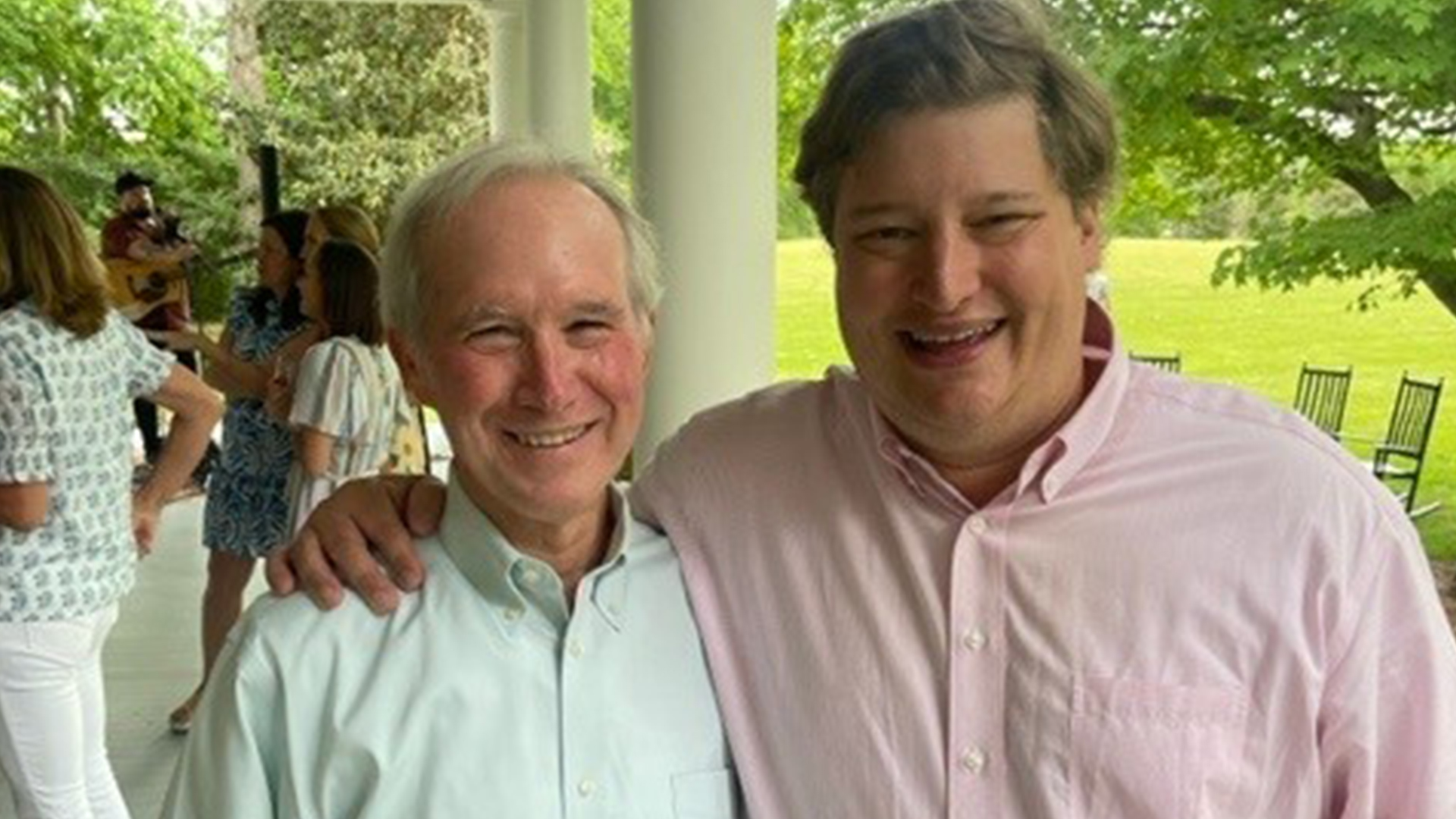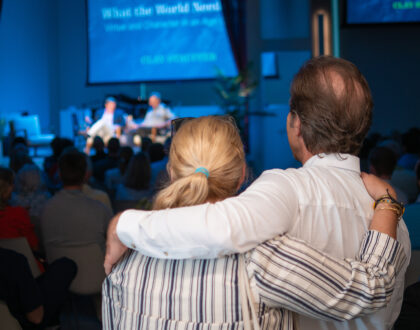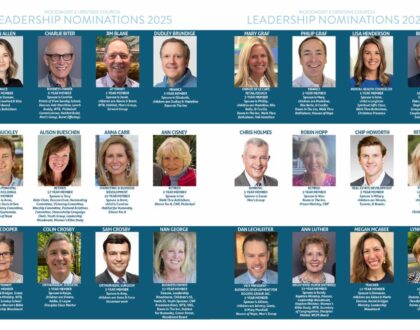Good Fathers Are Developed Over Time

At the end of this month, Brad Gioia will retire as headmaster of Montgomery Bell Academy after twenty-nine years of faithfully leading the school. Brad came to MBA in 1994 from the Darlington School in Rome, GA. A graduate of the University of the South at Sewanee, he has led MBA to incredible growth and to become one of the premier all-boys schools in the nation. In recent years, I have had the chance to co-teach a class for the seniors with Brad. Our primary focus has been character, leadership, values, friendship, decision-making, humility, and resilience. MBA’s guiding mantra is “Gentleman, Scholar, Athlete.” Unpacking what it means to be a “gentleman” in today’s culture is very important. Years ago, Brad would have told you that the school’s primary purpose is to prepare young men for college. As he retires, he would tell you that MBA’s primary purpose is to prepare young men for life so that they will become good husbands, fathers, friends, leaders, and citizens of the world. Brad has accomplished that.
We live in a culture where the role of men and fathers is often under-appreciated. Tragically, far too many people grow up without a father in the picture, and there are many reasons for this. The truth is good fathers spend a lifetime preparing for the role, even if they don’t realize it. Like mothers, fathers feel immense pressure in our culture to provide, be present, teach their children, show compassion, and support their families. Gender roles and responsibilities in the household have certainly evolved over time as more women have entered the workplace. The teaching and training that we provide our sons as they grow up will set the stage for the future. Do we teach them to listen and show empathy? Do we teach them to find healthy ways to deal with anger and frustration? Do we teach them the importance of faith and spirituality? Do we teach them the foundations for healthy friendships and why they matter? Do we teach them to honor, respect, and appreciate women? Do we teach them to work hard and take responsibility for their mistakes? Do we teach them the power of humility? Do we teach them that money does not solve all problems?
Brad would tell you that his passion over the years has been to train and invest in the next generation of leaders for Nashville and beyond. In the class, we have pointed out David Brooks’ distinction between “resume virtues” and “eulogy virtues.” Resume virtues help us progress in our career and move forward professionally. Eulogy virtues are character traits discussed at funerals. Was the person kind, loving, honest, and committed? Our culture often glorifies the resume virtues as the path to success and doesn’t talk enough about eulogy virtues. How do we cultivate character and learn when we get it wrong? What type of person are we becoming as we grow older? Do we learn from our mistakes? For many fathers, pride, ego, and stubbornness often get in the way. Men want to be admired and respected. Many of us believe that asking for help shows weakness. That is not true. It is a sign of strength. A fine line exists between confidence and arrogance. According to Brooks, “Humility reminds you that you are not the center of the universe, but you serve a larger order. Pride blinds us to our own weakness and misleads us into thinking we are better than we are.” Fathers who exhibit humility will be much more effective in their families.
Congratulations to Brad Gioia on a distinguished career of training young men and developing future leaders and fathers. Our community and our world is better for it!
Recommended Posts

Healing, Growth, & Renewal Over Time
May 30, 2025

Values for Our Graduates
May 20, 2025

Leading in the Church
May 16, 2025

